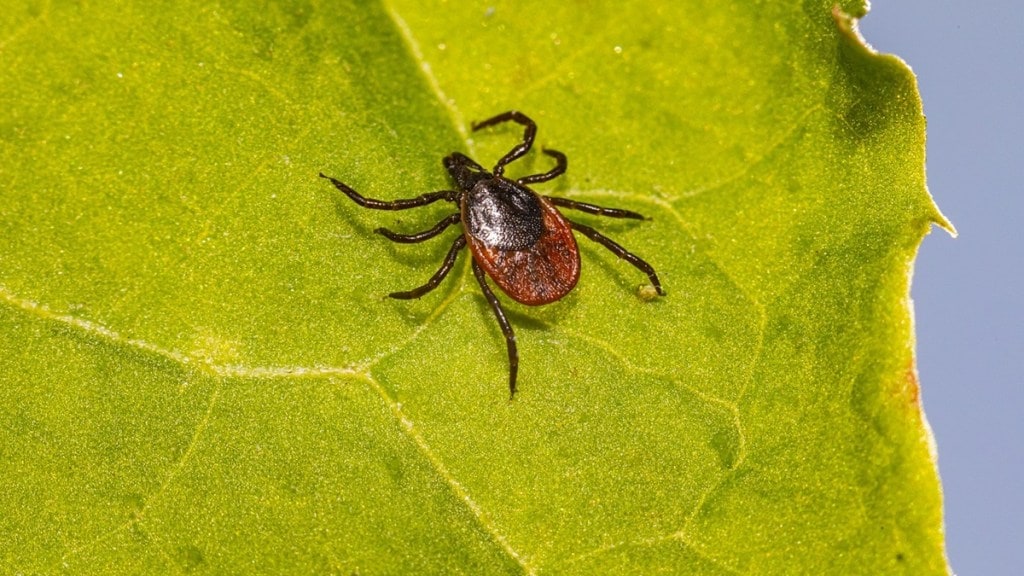Alpha-Gal Syndrome Causes, Diagnosis & Treatment: In United States, two women have been diagnosed with rare tick-borne illness after experiencing symptoms like vomiting, diarrhea, difficulty breathing and a life-threatening allergic reaction.
According to a report by Daily Mail, neither of them had any history of food allergies but began experiencing reactions after eating red meat. Taking a patient history revealed both women had been bitten by a tick within the last month and blood testing confirmed they had developed alpha-gal syndrome (AGS).
A News Medical report reveals that researchers from the United States Centers for Disease Control and Prevention (CDC), the Maine Center for Disease Control and Prevention (Maine CDC), the University of North Carolina, and other institutions reviewed a case study from Maine to establish Ixodes scapularis as a potential carrier of alpha-gal syndrome (AGS).
What is Alpha-Gal Syndrome?
Alpha-gal syndrome is a type of food allergy. According to Mayo Clinic, it makes people allergic to red meat and other products made from mammals. In the United States, bite of the Lone Star tick is responsible for the condition.
Mayo Clinic says that the condition can cause mild to severe allergic reactions to red meat, such as beef, pork or lamb. It also can cause reactions to other foods that come from mammals, such as dairy products or gelatins.
What are the symptoms of Alpha-Gal Syndrome?
The symptoms of an alpha-gal allergic reaction usually take longer to start compared with those of other food allergies, Mayo Clinic says.
In alpha-gal syndrome, reactions usually appear about 3 to 6 hours after you are exposed. Foods that can cause a reaction include:
- Red meat, such as beef, pork or lamb.
- Organ meats.
- Products made from mammals, such as gelatins or dairy products.
Symptoms of alpha-gal syndrome may include:
- Hives, itching, or itchy, scaly skin.
- Swelling of the lips, face, tongue and throat, or other body parts.
- Wheezing or shortness of breath.
- Stomach pain, diarrhea, upset stomach or vomiting.
When to see a doctor?
Get help if you have food allergy symptoms after you eat, even several hours after you eat, Mayo Clinic says. Get emergency medical treatment if you have symptoms of a serious allergic reaction that causes trouble breathing, called anaphylaxis, such as:
- Trouble breathing.
- Rapid, weak pulse.
- Dizzy or lightheaded feeling.
- Drooling and not being able to swallow.
- Full-body redness and warmth, called flushing.
How alpha-gal syndrome is treated?
Alpha-gal syndrome treatment involves avoiding the foods that cause your reaction. According to Mayo Clinic, for a serious allergic reaction, you may need a shot of epinephrine and emergency care.
How can you prevent the condition?
You can lower your risk of getting alpha-gal syndrome by following some simple tips:
- Cover up
- Use bug spray
- Do your best to tick-proof your yard
- Check yourself, your children and your pets for ticks
- Remove a tick with tweezers as soon as possible

